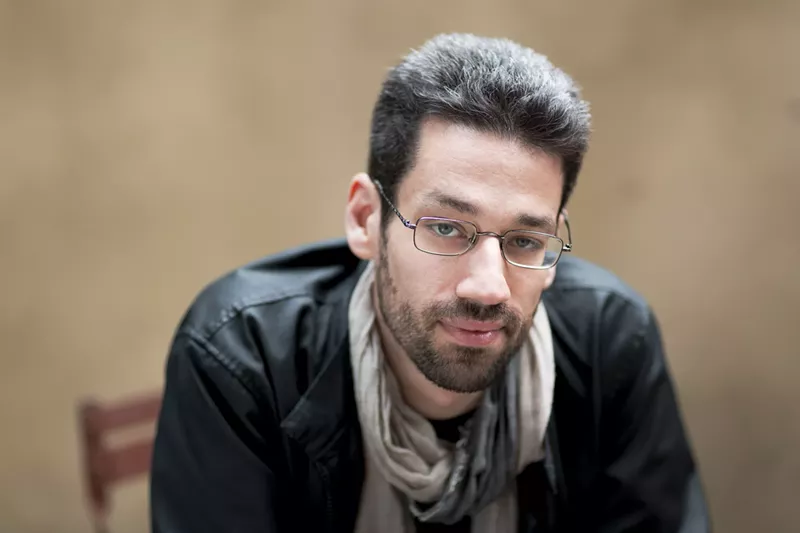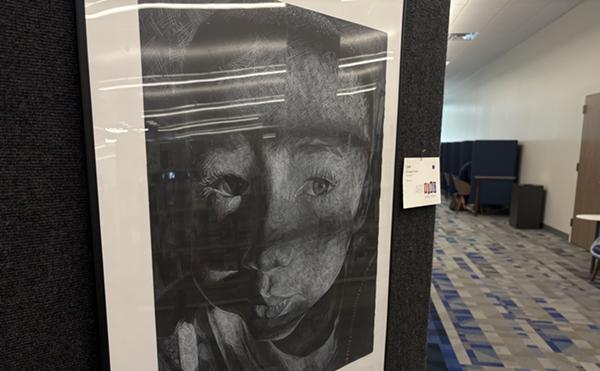But there’s a mellower, wittier, less ambitious side of the iconic composer, and that’s what the Dallas Symphony will showcase this weekend with pianist Jonathan Biss. The composer’s Second Piano Concerto — most of it written when he was a teenager — is bookended with Aaron Copland’s beloved ballet Appalachian Spring and Edward Elgar’s Enigma Variations in concerts Thursday, Friday, Saturday and Sunday.
Miguel Harth-Bedoya, director of the Fort Worth Symphony, is making the commute to Dallas to conduct. The program features two optimistic works from the 20th century with free-form elements, almost like fantasies, in Appalachian Spring and Enigma. And then, in the middle, there’s some of Beethoven’s most chipper music.
Biss says that it’s a mistake to underestimate the Second Concerto just because it’s not as dramatic as, say, the Fifth Symphony.
“I love the Second Concerto unreservedly,” Biss says. “I think because Beethoven’s middle and late works are so iconic, it’s easy to feel that the early ones are warm-up acts.”
Written mostly in the 1780s, the piece is still clearly under the spell of Mozart and Haydn, and adds a flair for contrast and a sense of humor to their old-school charm.
“Even though stylistically you hear little bits of Mozart, there’s this incredible sense of wit and vivacity,” Biss explains. “And this is one of those early slow movements where time itself stands still.”
Biss is a 38-year-old pianist from Indiana with a reputation for his thoughtful and serious approach to interpretation. He doesn’t go in for flamboyance at the piano, trying to avoid feeling self-conscious onstage, and is equally modest in conversation.
“I’m hardly unique among musicians in that Beethoven has been at the center of my life for many, many years,” he says. “I’ve been working on his music for as long as I can remember. Almost without a break.
“He does lofty; he does earthy; he does humor; he does unbelievable drama,” Biss adds. (Biss is the kind of person who sounds like he’s using semicolons while speaking out loud.) “Beethoven does lyricism, this sort of suspension of time, [but also] he does the most driven music imaginable. It’s that sense of covering every aspect of human experience that I try to convey when I play.”“I’m hardly unique among musicians in that Beethoven has been at the center of my life for many, many years. I’ve been working on his music for as long as I can remember. Almost without a break." – Jonathan Biss
tweet this
The idea of a full range of human experience appears again in the program’s second half, in the Enigma Variations, a piece in which British composer Elgar took one tune and wrote a series of variations depicting the personalities of his friends and family. There are nervous neurotics, drinking buddies, the composer’s loving wife and even (rumor has it) an ex-girlfriend who broke off their relationship and moved to New Zealand. One variation even has a stutter.
This musical portrait gallery is affectionate, warm and touching, and it ends with a loud, proud, absurdly self-congratulatory finale glorifying Elgar himself. (Some performances even add an organ.) As for the “Enigma” in the title, the composer claimed that the main tune was itself a variation on an extremely famous popular melody. He just wouldn’t say which, leading to decades of enthusiastic guessing.
This author believes that the secret tune is the “Westminster Quarters,” better known as “that thing that old-timey clocks play every 15 minutes.” Or, who knows, it could be “Thriller.” Judge for yourself.













